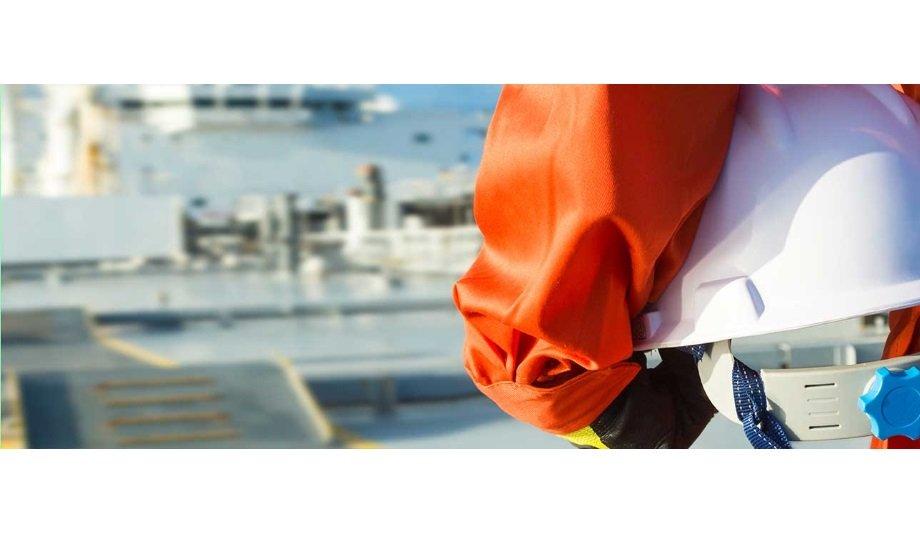It follows the release of a major new analysis, ‘Maritime Safety 2012-2021: a decade of progress’, from Lloyd’s List Intelligence and DNV that shows a marked decline in casualties, losses and detentions over the period.
Between 2012 and 2021, the tally of annual casualties declined 20% from 1922 to 1537 and losses resulting from casualties dropped 56% from 132 in 2012 to 58 in 2020, while the number of detentions decreased by 60% by the end of 2020 – mostly in the general cargo carrier segment.
Tighter regulatory supervision
This positive trend has come even as the global fleet has increased 46% in deadweight tonnes and 16% in vessel numbers - from 116,000 to more than 130,000 ships of 100 gross tonnes and above - resulting in the number of safety incidents, as a share of the fleet, falling from nearly 5% to 2%.
This positive trend has come even as the global fleet has increased 46% in deadweight tonnes
“Measures such as digitised systems, modern class rules, better vessels, tighter regulatory supervision and, crucially, an improved safety culture have contributed to this welcome safety trend,” said Knut Ørbeck-Nilssen, CEO of DNV Maritime. Earlier this year, DNV warned of an emerging ‘safety gap’ as the dual forces of decarbonisation and digitalisation present new hazards from alternative fuel technologies, such as fire and explosion risk, and issues like data security and increasingly complex digital systems.
New fuel systems
“There can be no trade-off between safety and sustainability. As shipping pursues a path towards decarbonisation, this will require a rethink of risk management with a renewed focus on human and organisational factors to ensure safety remains at the core of the development of new fuel systems and digitalised ways of working,” Ørbeck-Nilssen continued.
Around one-third of 21,746 casualties over the 10-year period occurred with vessels aged over 25 years, with older general cargo carriers and passenger vessels accounting for the highest number of casualty incidents. Nearly half (48%) of total casualties were due to hull and machinery (H&M) damage - with machinery issues being the main cause as hull damage accounted for only 5% - and there was a surprising increase in such incidents involving vessels between 10 and 14 years of age.
Minimising functional failures
The prevalence of H&M issues in the statistics remains a cause for concern"
In the report, Marianne Strand Valderhaug, DNV Maritime Class director for technical support, said “The prevalence of H&M issues in the statistics remains a cause for concern.”
Valderhaug highlights DNV’s new Operational Reliability class notation designed to tackle the high number of machinery failures and reduce the risk of blackout by minimising functional failures in propulsion, steering, electrical power and manoeuvrability.
Human-centric solutions
“The major challenge is to close the safety gap emerging from cyber threats, new technologies and new fuels. Mitigation of these risks will be vital going forward to realise the enormous potential benefits of digital and low-carbon fuel technologies for safety, efficiency and sustainability towards a goal of continuous improvement,” added Ørbeck-Nilssen.
“This will require a collaborative industry effort between class, shipowners, suppliers, charterers and other stakeholders to develop holistic and human-centric solutions that support the end-user. The welfare of seafarers and the environment must remain central to safe and sustainable ship operations to ensure incident figures remain on a downward trend. There is no room for complacency.”












